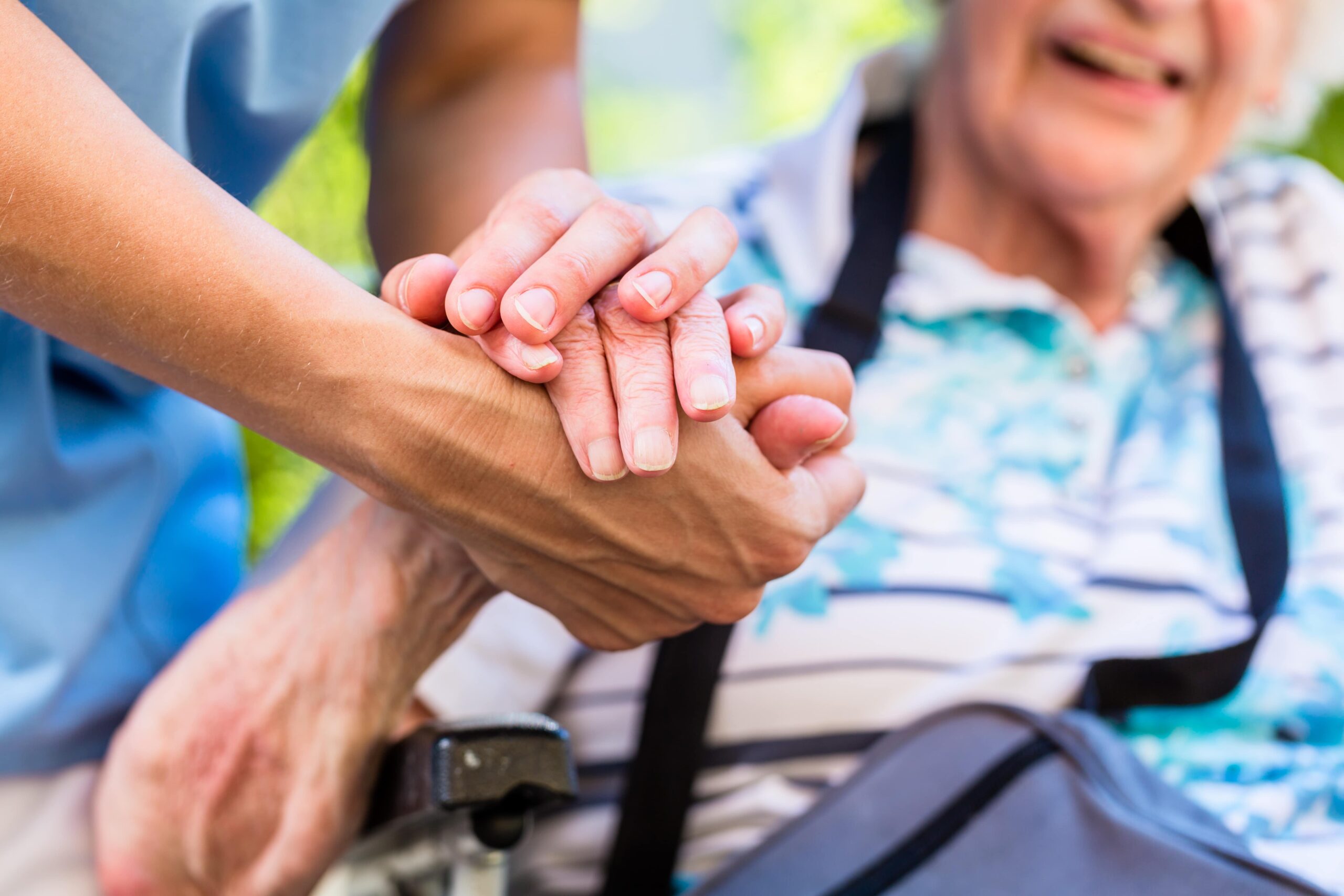Caring for our loved ones is a paramount responsibility that we cherish. As our aging parents or family members require more assistance with daily tasks or face health challenges, finding the right care solution becomes essential. Home care services have emerged as a popular choice for providing personalized care within the familiar surroundings of one’s own home. In this article, we will explore various types of home care services that can cater to the unique needs of your loved ones.
Table of contents
Companion Care Services
Companion care services focus on providing emotional support and companionship to seniors who may be feeling isolated or lonely. These caregivers engage in meaningful conversations, recreational activities, and hobbies, which can significantly improve the overall well-being of your loved ones. Additionally, they can assist with light household chores, meal preparation, and medication reminders, enhancing their quality of life and fostering a sense of independence.
Personal Care Assistance
Personal care assistance is designed for individuals who require help with daily personal tasks. This type of home care service includes support with bathing, dressing, grooming, toileting, and mobility assistance. The caregivers are trained to maintain dignity and respect while ensuring the comfort and safety of your loved ones. Personal care assistance can be crucial for seniors who are facing physical limitations or recovering from illnesses or surgeries.
Alzheimer’s and Dementia Care
For seniors diagnosed with Alzheimer’s or other forms of dementia, specialized care is essential to manage their unique challenges. Alzheimer’s and dementia care services focus on creating a structured and safe environment to promote cognitive function and memory retention. Trained caregivers can engage individuals in memory-enhancing activities, manage behavioral changes, and offer emotional support to both seniors and their families.
Respite Care
As primary caregivers, family members often face burnout and exhaustion due to continuous care responsibilities. Respite care provides much-needed relief to these caregivers by offering temporary assistance. Whether it’s for a few hours a day or a longer period, respite care ensures that your loved ones receive professional attention while the primary caregivers get a chance to rest and recharge.
Palliative Care
Palliative care is focused on providing comfort and pain management for individuals with serious illnesses or conditions. It aims to improve the quality of life by addressing physical, emotional, and spiritual needs. Palliative care can be administered at home and often works in tandem with curative treatments. This type of care ensures that your loved ones experience the best possible support during challenging times.
Skilled Nursing Care
Skilled nursing care services are provided by licensed nurses who offer medical assistance in the home setting. These services are particularly beneficial for seniors with complex medical conditions, post-surgery recovery, or chronic illnesses. Skilled nursing care includes administering medications, wound care, monitoring vital signs, and managing medical equipment, ensuring that your loved ones receive professional medical attention without the need for hospitalization.
Medication Management
As seniors age, managing multiple medications can become overwhelming and potentially dangerous. Medication management services involve organizing and administering medications as per the prescribed schedule. Caregivers can also coordinate with healthcare providers to ensure accurate dosing and avoid potential drug interactions, promoting medication adherence and safety.
Mobility Assistance and Fall Prevention
Reduced mobility and the risk of falls are common concerns for elderly individuals. Home care services that focus on mobility assistance and fall prevention can significantly reduce the chances of accidents and injuries. Caregivers can help with transferring from bed to chair, walking assistance, and ensuring a safe environment to prevent falls.
Nutritional Support
Proper nutrition is vital for maintaining good health, especially for seniors. Nutritional support services include meal planning, grocery shopping, and meal preparation according to dietary needs and restrictions. Caregivers can ensure that your loved ones receive balanced and nutritious meals, promoting their overall health and well-being.
Conclusion
Choosing the right home care services for your loved ones can greatly impact their quality of life and overall happiness. From providing companionship to skilled medical care, there are various options available to cater to their unique needs. By assessing their requirements and consulting with professional home care agencies, you can ensure that your loved ones receive the care and support they deserve within the comfort of their own homes. Remember that each person’s needs are different, so tailoring the services accordingly can make a significant difference in their well-being and happiness.
Home Care Near Me Let’s Get Started!
Get Immediate Help with Information, Costs & Payment Options.







